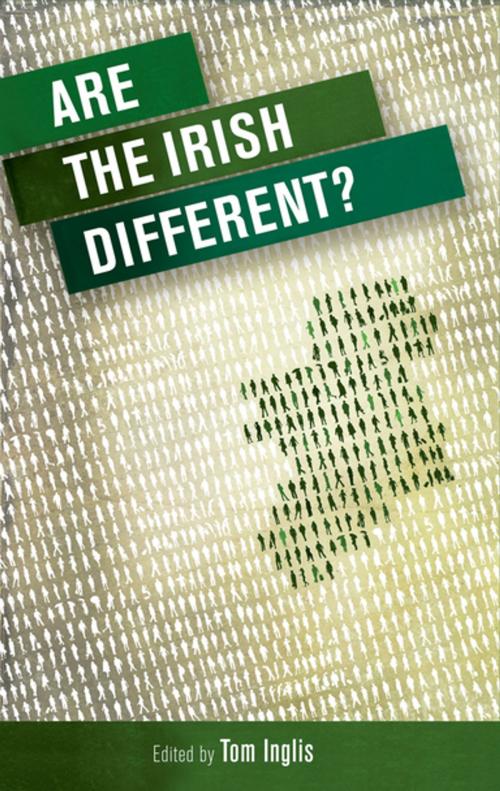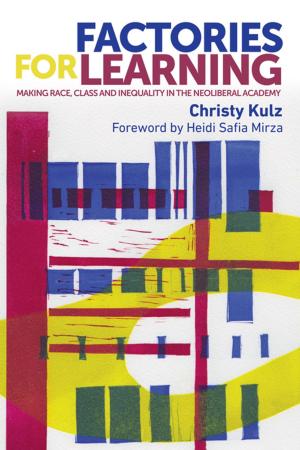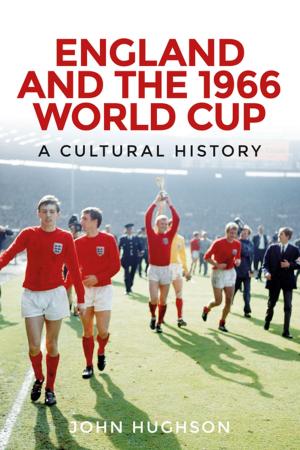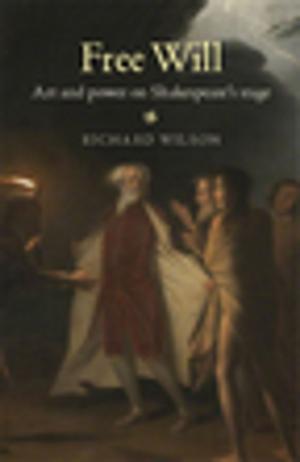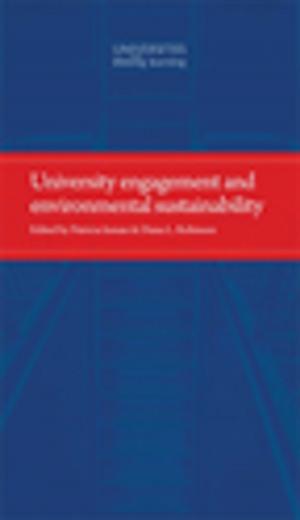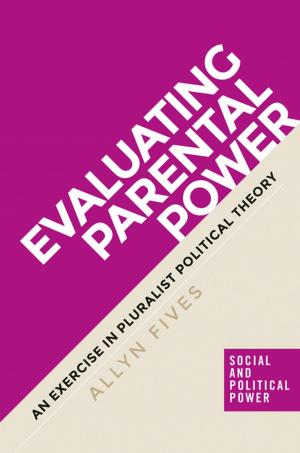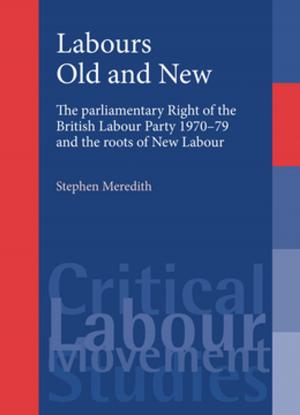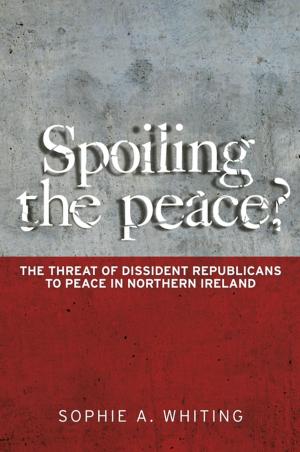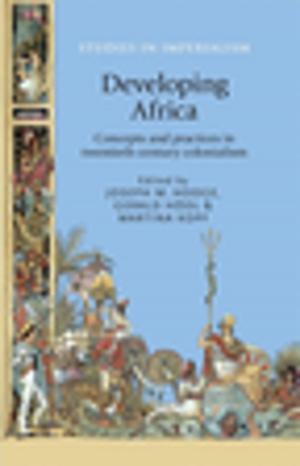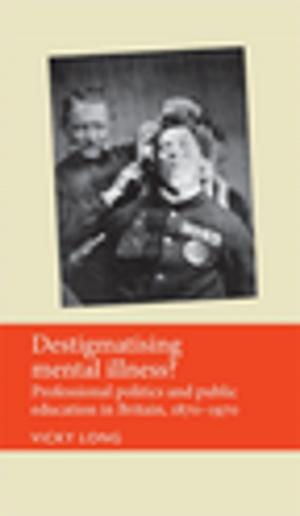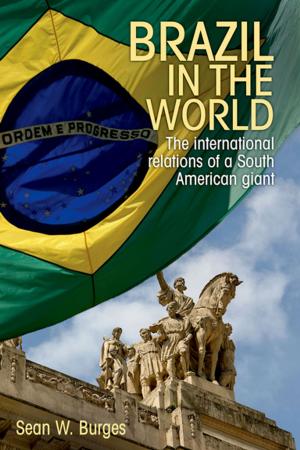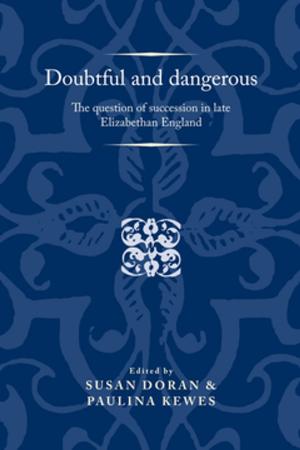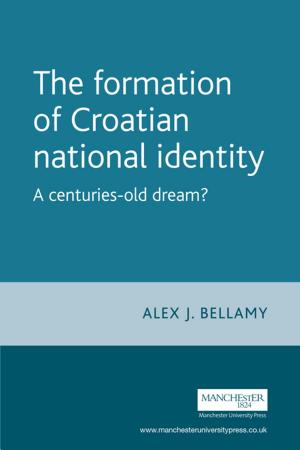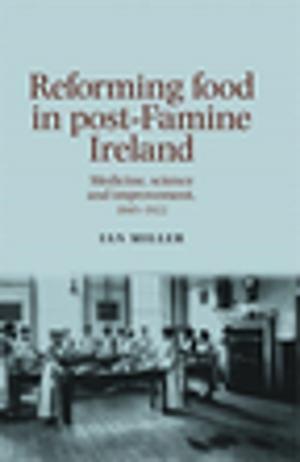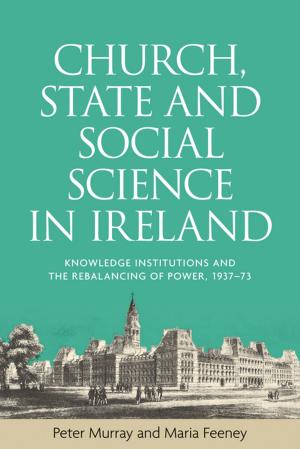| Author: | ISBN: | 9781847799562 | |
| Publisher: | Manchester University Press | Publication: | January 1, 2015 |
| Imprint: | Manchester University Press | Language: | English |
| Author: | |
| ISBN: | 9781847799562 |
| Publisher: | Manchester University Press |
| Publication: | January 1, 2015 |
| Imprint: | Manchester University Press |
| Language: | English |
Are the Irish different and, if so, how and why? This book addresses this issue through twenty-three short essays about the nature of contemporary Irish culture and society and the transformations that have taken place over the last fifty years. The topics covered include the nature of Irish nationalism and capitalism, the Irish political elite, the differences in the Irish family, the nature of Irish Catholicism, the upsurge in immigration, the Irish diaspora, the Irish language, sport and music. The essays are written in a clear and accessible manner by scholars from within the human sciences who are international experts in their disciplines. The authors provide challenging insights into the ways in which we see and understand Ireland and what it is to be Irish. They avoid theoretical jargon and dense empirical data.They challenge the traditional issues that have been addressed in Irish studies and the methods that have been used. The final three essays provide an analysis and critical reflection on the nature of Irish studies. The book will be of interest to those who have an academic and personal interest in Irish studies, and it will appeal to those who are not familiar with the theories and methods of the human sciences, showing how these can shine a light on the transformations that have taken place in Ireland.
Are the Irish different and, if so, how and why? This book addresses this issue through twenty-three short essays about the nature of contemporary Irish culture and society and the transformations that have taken place over the last fifty years. The topics covered include the nature of Irish nationalism and capitalism, the Irish political elite, the differences in the Irish family, the nature of Irish Catholicism, the upsurge in immigration, the Irish diaspora, the Irish language, sport and music. The essays are written in a clear and accessible manner by scholars from within the human sciences who are international experts in their disciplines. The authors provide challenging insights into the ways in which we see and understand Ireland and what it is to be Irish. They avoid theoretical jargon and dense empirical data.They challenge the traditional issues that have been addressed in Irish studies and the methods that have been used. The final three essays provide an analysis and critical reflection on the nature of Irish studies. The book will be of interest to those who have an academic and personal interest in Irish studies, and it will appeal to those who are not familiar with the theories and methods of the human sciences, showing how these can shine a light on the transformations that have taken place in Ireland.
